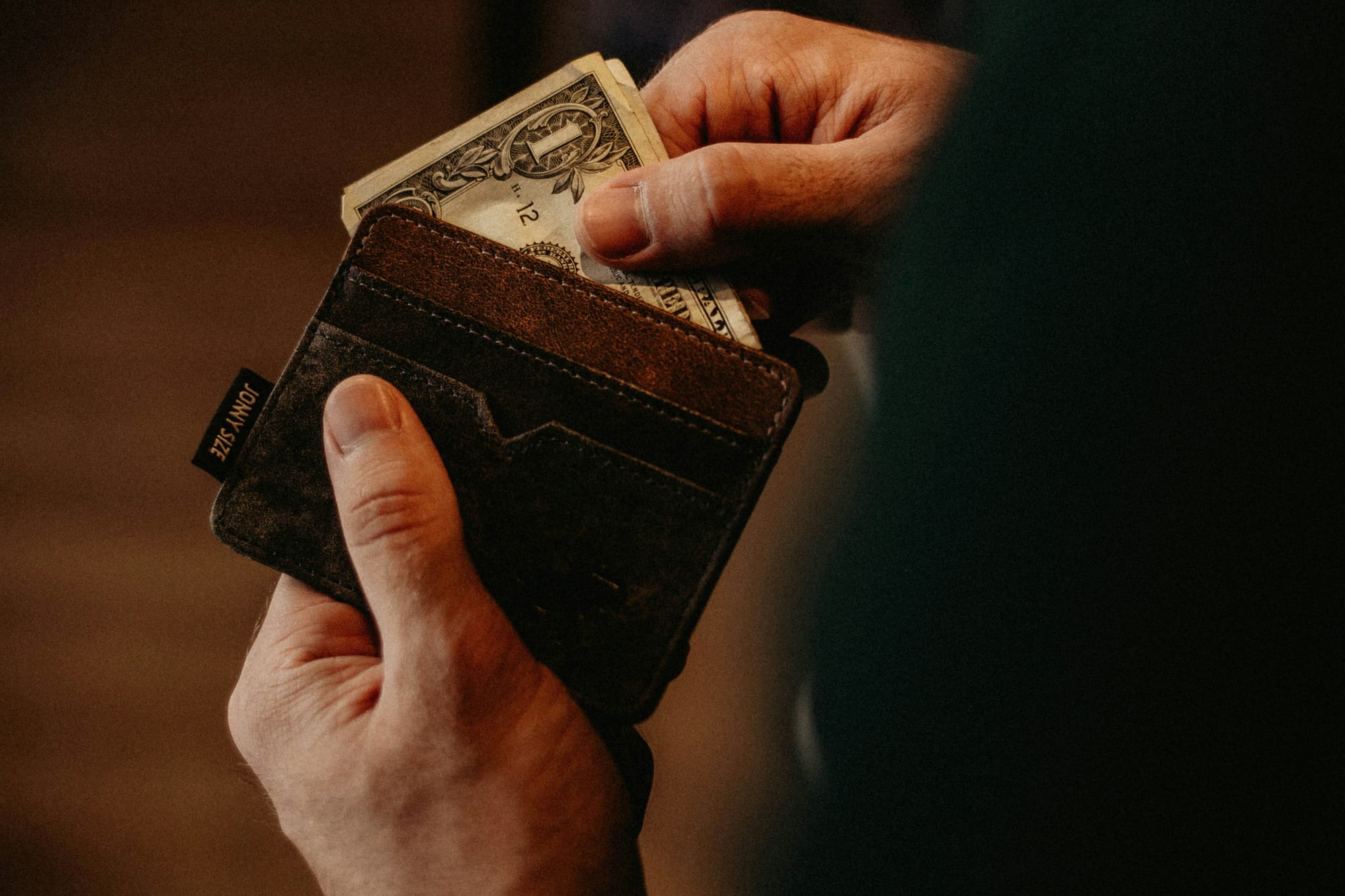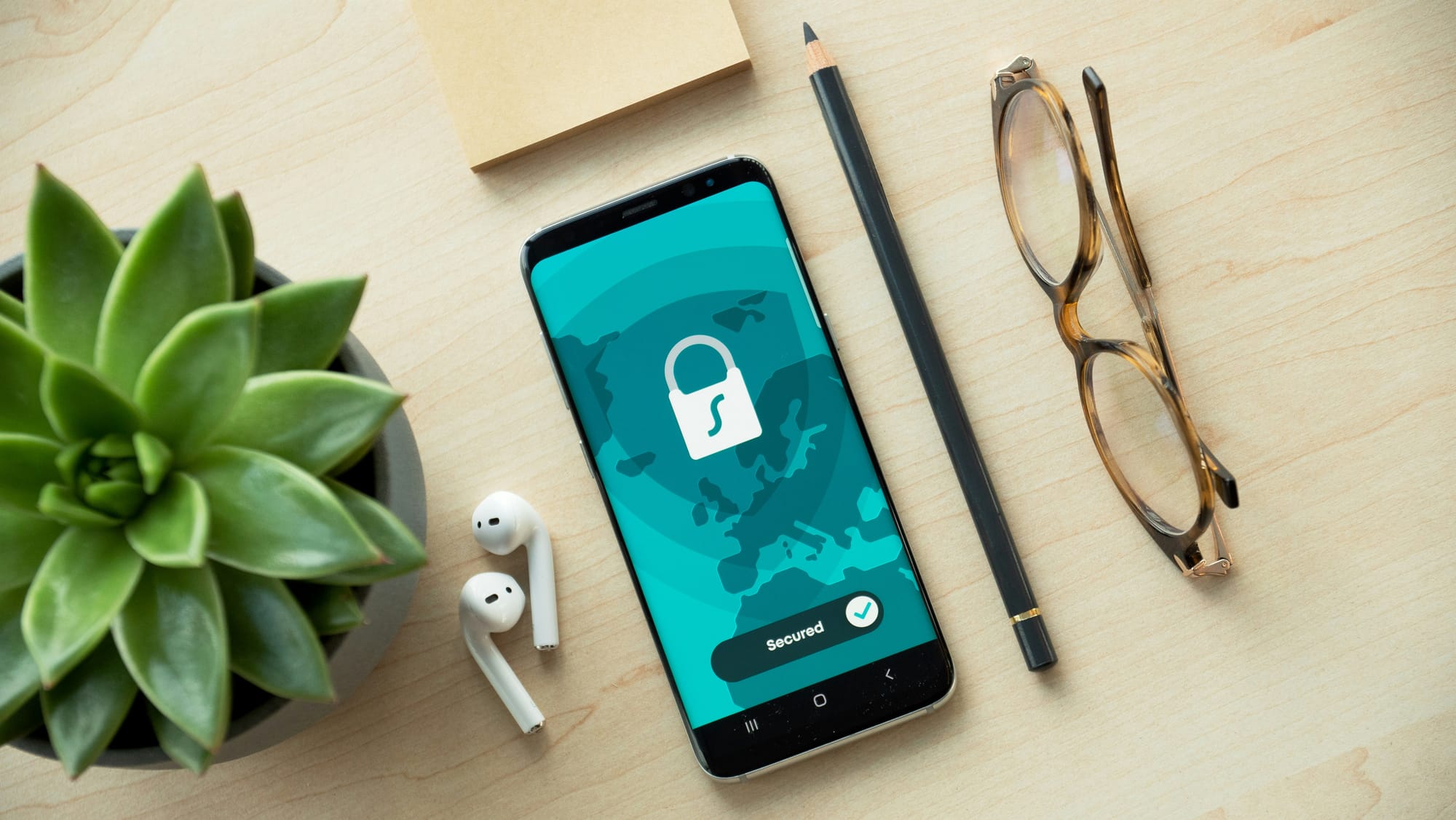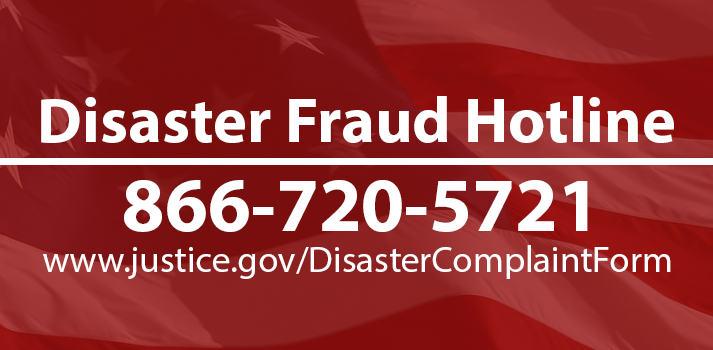When disaster strikes, it’s often our first instinct to care for one another. Unfortunately, for some, disaster is an opportunity to exploit fear and confusion. We’ve seen this across the world, and in our own communities. Altadena residents, for example, have been plagued by scams since the LA Wildfires earlier this year.
Scammers, hackers, and other forms of ne'er-do-wells often take moments of crises like wildfires, earthquakes, and floods as an opportunity to prey on the vulnerable. At Lotus Rising LA, we believe that knowledge is power, but also resilience. Staying safe before, during, and after a disaster also includes knowing the signs of a scam, and how to avoid them.
Here are some tips on avoiding scams in a post-disaster environment.
Why Scams Spike After a Disaster
According to a AICPA/Harris poll conducted in 2025, around 37% of people affected by a natural disaster experienced fraud. The National Insurance Crime Bureau has also published data indicating that, in 2023, post-disaster fraud cost Americans over $9.3 billion.
Worryingly, at least 10% of the $93 billion in catastrophic losses from disasters that year were a result of scams or fraud.
The prevalence of scams often spike after natural disasters for a few reasons. Survivors are often left in a vulnerable and confused state, many people are generally looking to give or receive help, and critical systems like internet service might be disrupted, the Consumer Financial Protection Bureau points out.
Luckily, many of the tactics that security professionals use to combat fraud, cyber risk, and malicious hacking also apply to post-disaster scams.
Common Post-Disaster Scams

In the days and weeks after a disaster, the needs of survivors are wide and urgent. Unfortunately, scammers are well aware of this, and often use the chaos as cover.
Here are some of the most common scams you can keep an eye out for:
- Fake Contractors & Repair Services: After a fire or earthquake, people posing as contractors may knock on doors offering quick repairs. They often demand cash upfront, then disappear without lifting a hammer. Others may actually perform shoddy work and vanish before problems show.
- Charity & Relief Fund Fraud: Many people want to donate to relief organizations in moments of crisis. Scammers take advantage of this by creating fake online charities that claim to help survivors — but the funds never reach affected families.
- Government AID & FEMA Scams: Some fraudsters may impersonate government officials or representatives of FEMA. Oftentimes, these scams involve stealing identities by harvesting social security numbers, or charging fake “processing fees” for supposed government aid.
- Rental & Housing Scams: Many displaced families find ads for affordable rentals that can feel like a lifeline. However, some of these rentals are fake listings that require a deposit to “hold.” In the case of scams, the home either doesn’t exist or isn’t available to rent.
- Phishing Calls & Texts: One of the most common types of scams in our digital world involve phishing, or asking for sensitive information via phone call, text, or email. Unfortunately, thanks to a scam technique known as “spoofing,” some phone calls, emails, or texts can even seem like they’ve been sent from an “official” account.
Safety & Prevention Tips

Although scams after disasters are common, they’re not undetectable. With a few key tips in mind, you can keep from falling victim to fraud during a crisis.
For one, keep an eye out for major red flags, such as the following:
- A sense of urgency, often manifesting as pressure for an immediate decision or payment
- Requests for sensitive information like your banking details or social security number
- Lack of verifiable credentials or official identification
- Websites that seem poorly designed, stories that seem inconsistent, or communications — such as emails or texts — that are suspicious
- Door-to-door offers without contracts or references upon request
Even if you’re unsure about an offer of help, or the red flags are hard to spot in a murky information environment, here are some additional tips to stay safe from fraud.
- Stop, breathe, and think: Urgency is one of the most effective tactics used by scammers. Don’t make any decision without proper research first. If an offer of assistance is made to seem especially time sensitive, then it’s probably too good to be true.
- Trust, but verify: Ask people for official documentation, navigate to websites and look for suspicious signs like typos, use only trusted sources for information, such as official government websites and news organizations. If you receive a phone call from a seemingly official number, hang up and call it back. A scammer can use spoofing to “call” from an official number, but they won’t be able to answer incoming calls to that number.
- Lean on community: In times of trouble, the biggest source of strength that we have is each other. While government assistance and help from charities, nonprofits, and aid agencies are essential, your neighbors and community members are also trusted sources of help. Lean on each other, and warn others about scams.
How to Report Post-Disaster Scams

If you’ve received what you think is a fraudulent offer of assistance, you can actually report the scam to officials. This can help bring the scammers to justice, and prevent them from preying on anyone else.
- For phone scams, you can file a complaint with the Federal Communications Commission
- Fake charities, contractors, or insurance scams can be reported to the Federal Trade Commission
- You can report any post-disaster scam to the National Center for Disaster Fraud by going to www.justice.gov/DisasterComplaintForm or by calling 866-720-5721
Stay safe, together
Recovering from a disaster takes trust, time, and courage — things that many fraudsters take advantage of. However, by knowing some key red flags, applying safety tips, and reporting instances of fraud, you can help build post-disaster resilience for both yourself and your community.
Disclaimer: The content shared in our blog is for informational purposes only and should not be considered legal, medical, or financial advice. Please consult with a qualified professional for guidance specific to your situation.

